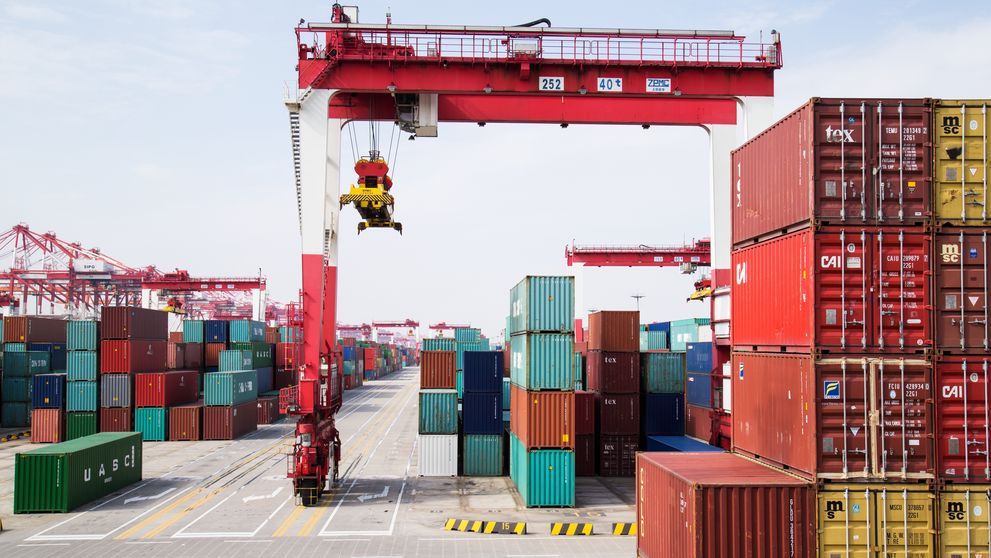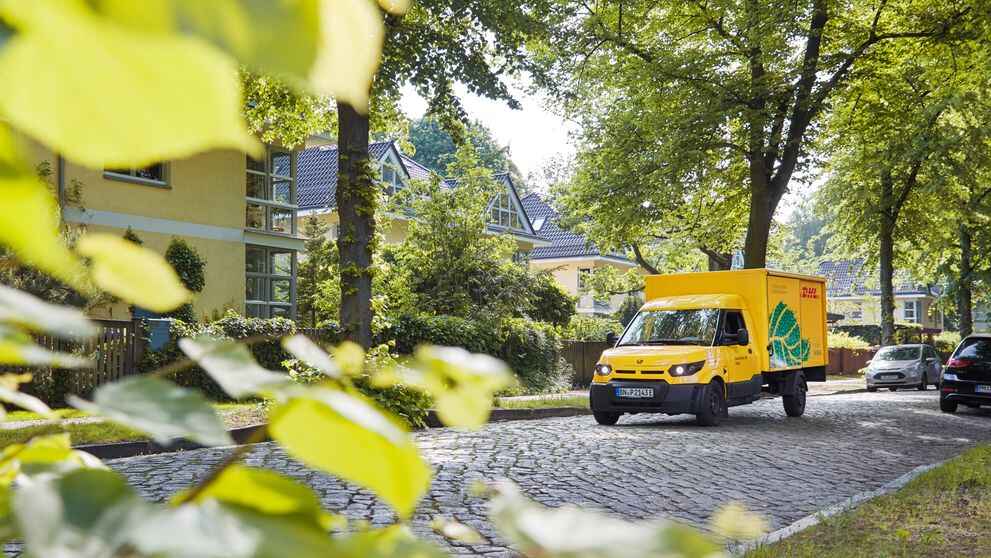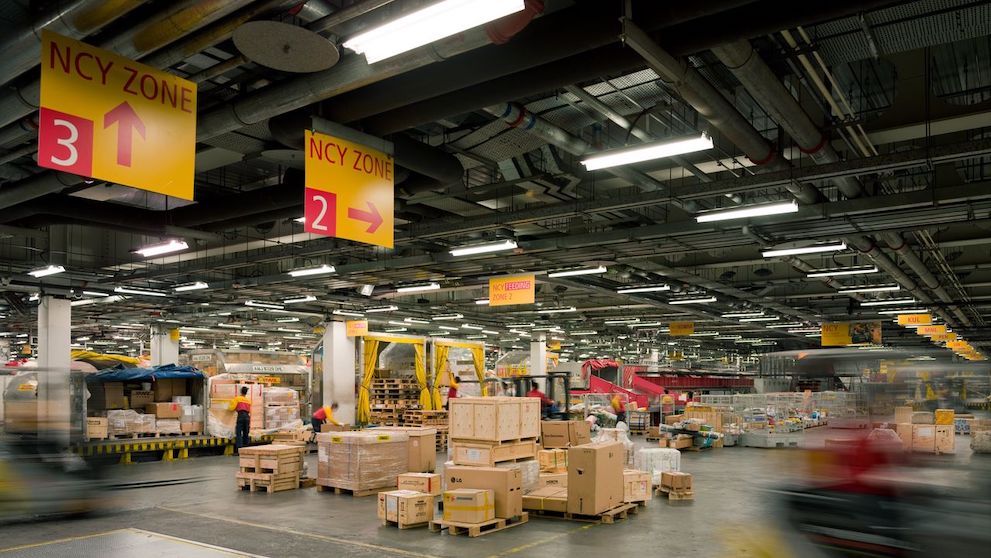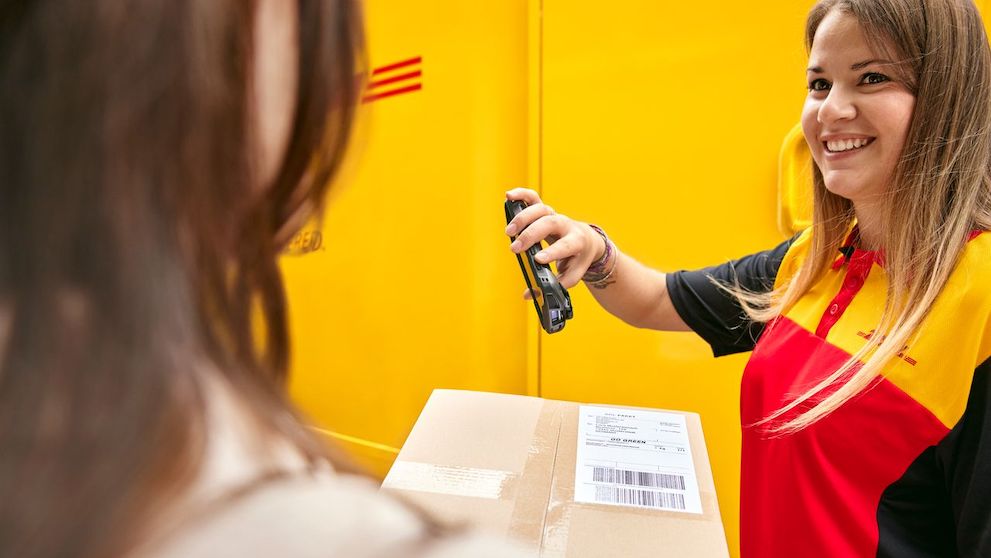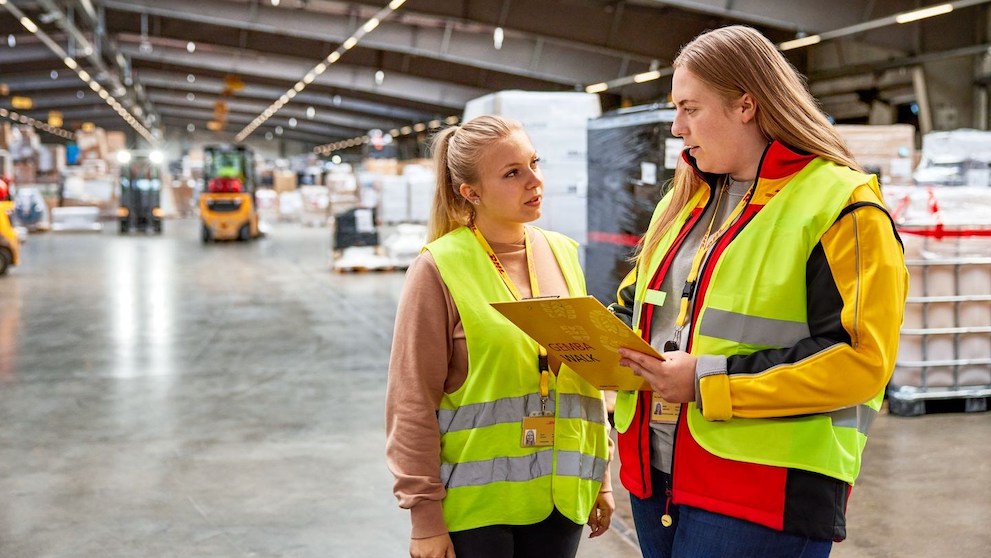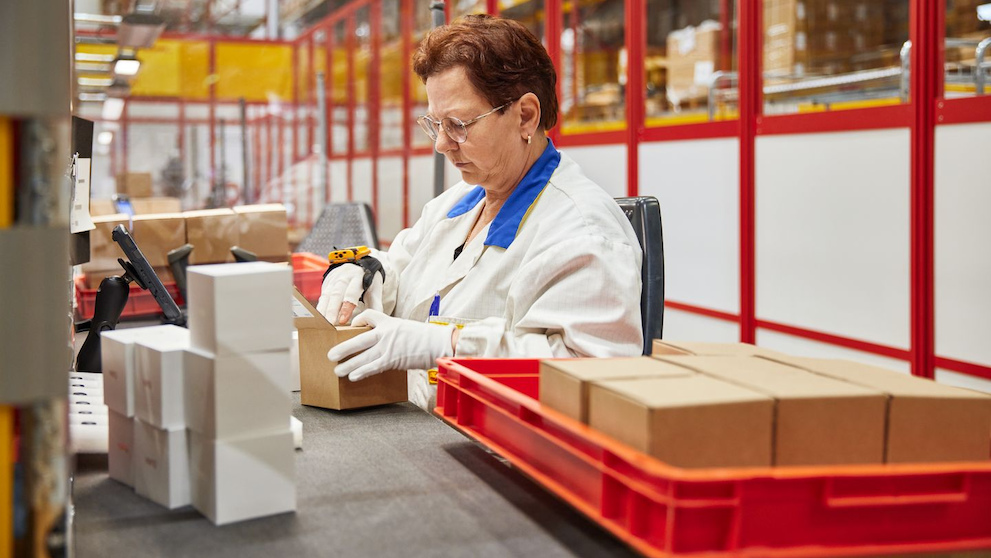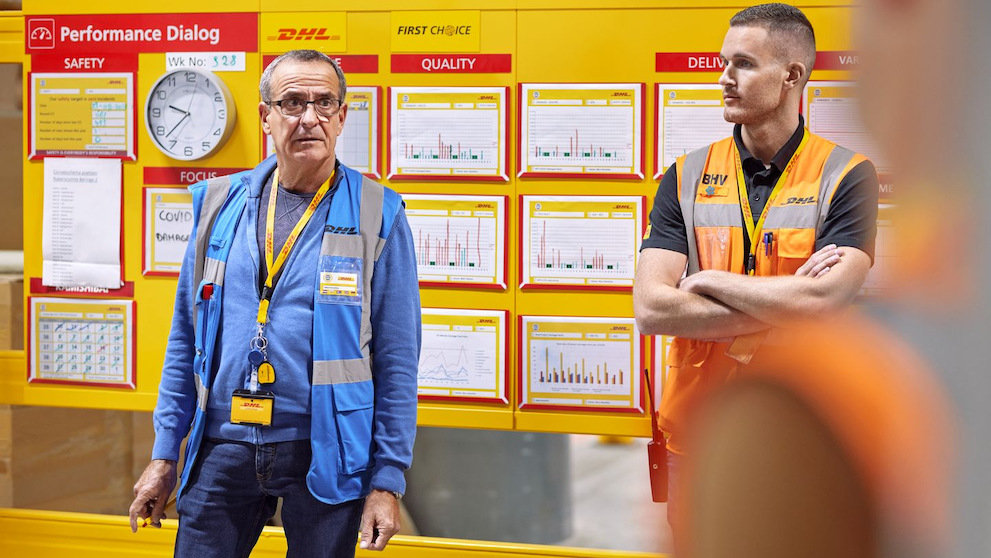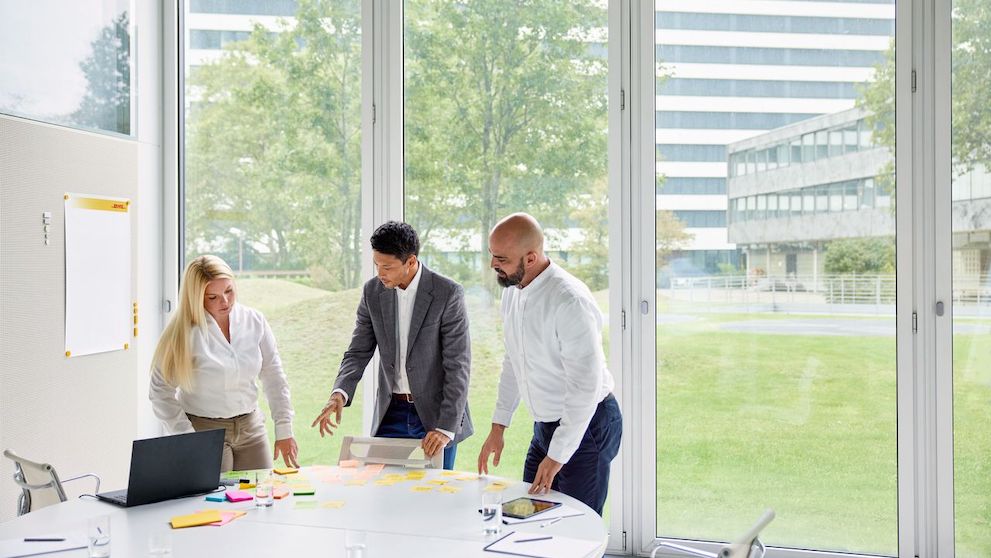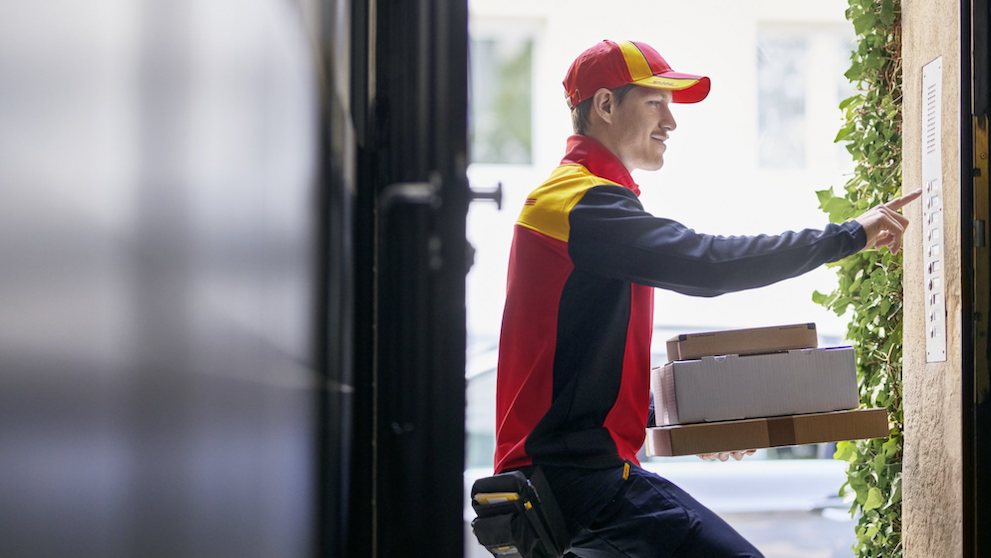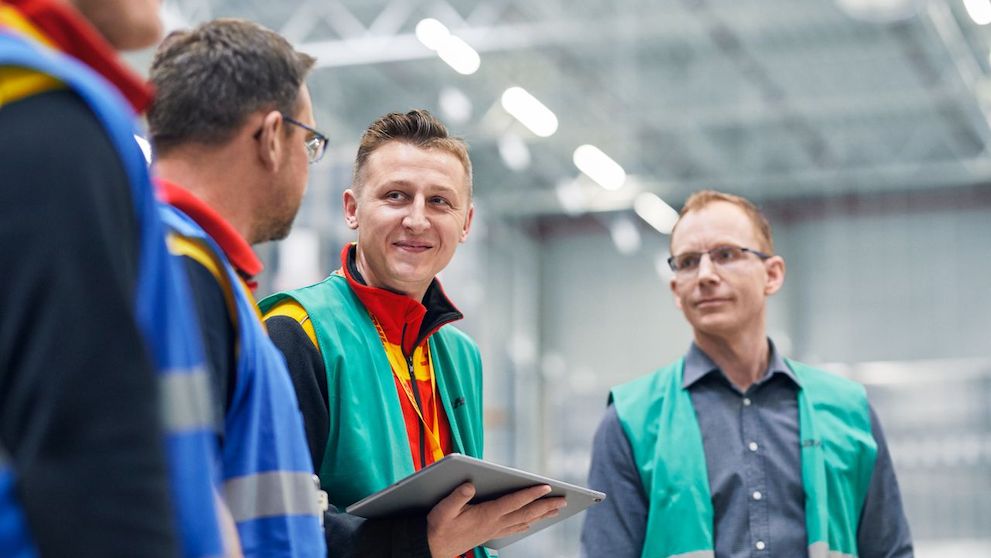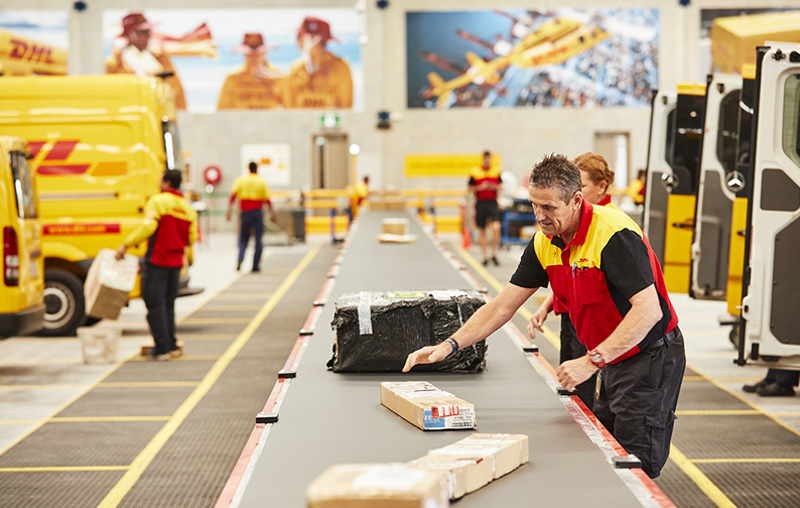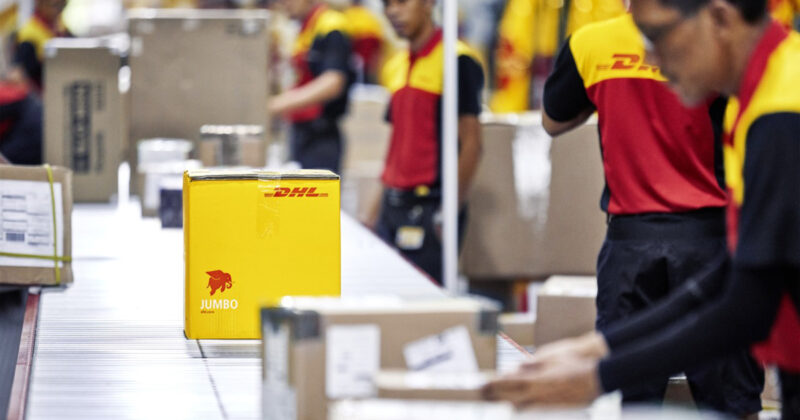DHL Express is proud to work with a talented team of diverse individuals amid a work culture that goes beyond differences in the workplace, to leverage commonalities.
A successful internationally operating door-to-door delivery service requires a global network of cross-functional teams fulfilling duties across the supply chain. Having a presence in various geographical locations means working with teams from diverse cultural backgrounds, who have many differing views and carry contrasting lived experiences. If one company knows this best, it’s DHL Express.
While this diversity is a strength, international teams may also face cultural divides that can inhibit interpersonal communication and hinder workplace efficiency. Navigating this is essential to establishing a healthy workplace environment. We’ve put together some key information about culturally appropriate communication and management techniques that you can use to ensure your business is inclusive, respectful and efficient.
1. Maintaining diversity & inclusion
How do international organisations bridge cultural gaps? We have experience working with over 570,000 individuals across more than 220 countries and territories. As one of the largest employers in the logistics sector, we aim to connect people and improve lives, but can’t achieve this if our teams cannot effectively navigate cultural differences or appreciate diversity. To us, diversity is more than legally protected characteristics; it is a mindset that benefits our employees and clients.
We have integrated inclusivity into our workplace; teamwork and collaboration must involve mutual respect, openness, honesty and integrity. A common understanding of trust-based cooperation allows us to innovate and create with high efficiency at all levels.
To realise this, we provide both employees and managers with training in the areas of diversity and inclusivity. This covers self-assessments and materials on culturally sensitive communication techniques, sensitivity to cultural otherness, navigating cultural misunderstandings, and ways to identify and avoid discrimination.These help managers reach and connect with their teams more effectively.
2. Employee engagement
To overcome cultural divides, organisations must view each individual as an asset. At DHL Express, we help our team achieve their potential by providing them with appropriate autonomy to innovate and improve the workplace environment. Our people know best how to engage with their customers. This is why we give all our employees a role in designing the workflow and work processes. Naturally, this benefits both the business and the individual as overall efficiency improves, and a culture of openness, innovation and mutual respect is established.
Practically, this emerges through collaborative projects where individuals from all walks of life are encouraged to leverage diverse perspectives to achieve a key goal. We encourage this by offering competitive compensation for innovative individuals who contribute to our mission.
Our employee opinion surveys, anonymous feedback boxes and Smart Connect mobile app add a significant touchpoint to engagement, too — with our ‘open door’ communication policy, we assess employee satisfaction and areas where the company can improve. It is a critical platform for identifying practices that exacerbate cultural divides and is critical to understanding our employees’ needs.
We want our employees to feel satisfied with their work, included in their teams and heard by their superiors. We want to nurture an environment where individuals are motivated to find commonalities rather than focusing on differences.
3. Employee development
Effective cross-functional teams in logistics require that all employees operate from a coherent skillset. While we encourage employees to develop their own workflow processes, we also encourage them to upskill. Providing further training opportunities, regardless of their personal backgrounds, allows us to establish a workforce of individuals who can work together harmoniously to build up the company.
Our program, Certified, provides a lifelong learning and engagement journey to employees. We cover essential workplace skills and functional development. This creates a common understanding of business processes and the interconnectivity of DHL business units. Consequently, our teams can work cohesively towards company goals while acknowledging the benefits of diversity in innovation.
Employee development requires strong leadership; our executives must set an example for good conduct, acknowledge their team’s achievements and nurture them in their professional development. Our ‘Head, Heart & Guts’ training approach helps managers drive business and create a merit-based workplace free from cultural discrimination.
4. Human rights & employee relations
Training must operate alongside fair working conditions and respect for human rights. Discrimination against gender, race, religion, age, disability, sexual orientation and national origin is illegal. Organisations must work diligently to ensure there are no systemic conditions that enforce or encourage discrimination in these areas.
To protect our employees, we established the Employee Relations Forum (ER Forum). This helps managers implement anti-discrimination measures by facilitating discourse among divisions at regional and country levels.
Alongside the ER Forum, we encourage employees to engage with external organisations that represent their interests. Over 70% of global employees are tied to such agreements, and we maintain an open dialogue with these bodies when violations are reported.
We are dedicated to ensuring community interests are met to prevent cultural divides and conflicts from worsening. Creating and supporting platforms where diverse perspectives are heard and action is taken is essential to maintaining a healthy workplace and cohesive structure.
Building a collaborative and inclusive workplace
DHL Express is a leading international express service provider. We credit much of our success to the way we manage cultural challenges in international business. Our people respect each other, overcome barriers and make working a collaborative experience.
International organisations can consider integrating into their business model a few key facets — diversity in the workplace, employee engagement, effective leadership and employee relations, especially in times of change — to maintain a concrete core for their global employment base.

